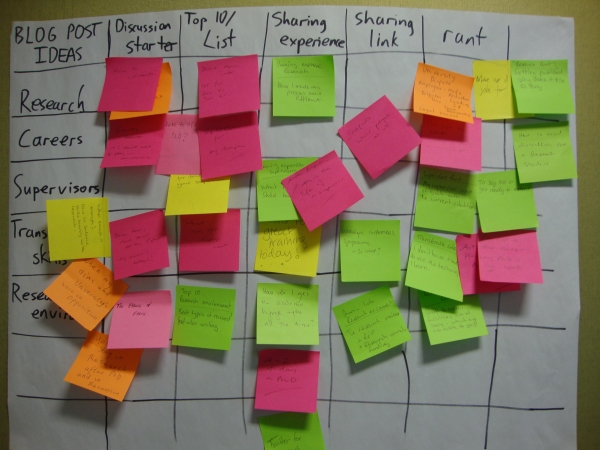Today’s post is the last in my series on acronyms and ideas that have really helped me – and that I’ve seen help others. It will also be shorter than the other seven in this series. My hope is that these posts have been clear, and that they are straight forward for people to apply.
You can use INTRO to start a talk or think through your work, set objectives with SMART and use 5W1H to dig into problems. DRC is a simple process for generating ideas and PMI is great for critiquing them. STAR is an effective tool for thinking about and communicating your strengths and BOOST helps people give feedback that others can base future actions and development on.
All of these can help, and I don’t think they are difficult ideas to pick up. You will have heard of other great concepts and useful tools, and in coming months I’m planning to review a book each month that I think has some great ideas or techniques. There are tons of blogs and people and products and services that aim to take the load off, or give you a way to get something done.
BUT
Above all else, whatever you do, KISS – Keep It Simple, Stupid. Make any system, tool, resolution, goal, task, interaction related to your work as simple as it can be (without impairing it). Engaging or completing anything is a function of will, time and work – the simpler the expression, the easier it is to do. Life is complex, and it is easy to take a simple idea and spin a web of confusion around it. Keep It Simple, Stupid!
Thanks for reading!
Nathan (@DrRyder and @VivaSurvivors)


